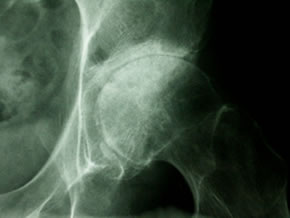
Large scale, independent studies of glucosamine and/or chondroitin have not shown a definitive benefit for the treatment of painful knee osteoarthritis (OA) and the effect of retarding knee OA progression remains controversial. Despite this, the use of glucosamine as a complementary/alternative medicine is widespread, amounting to a multi-million dollar industry. Many users take glucosamine for OA at sites other than the knee, sites which have received little to no study of efficacy.
